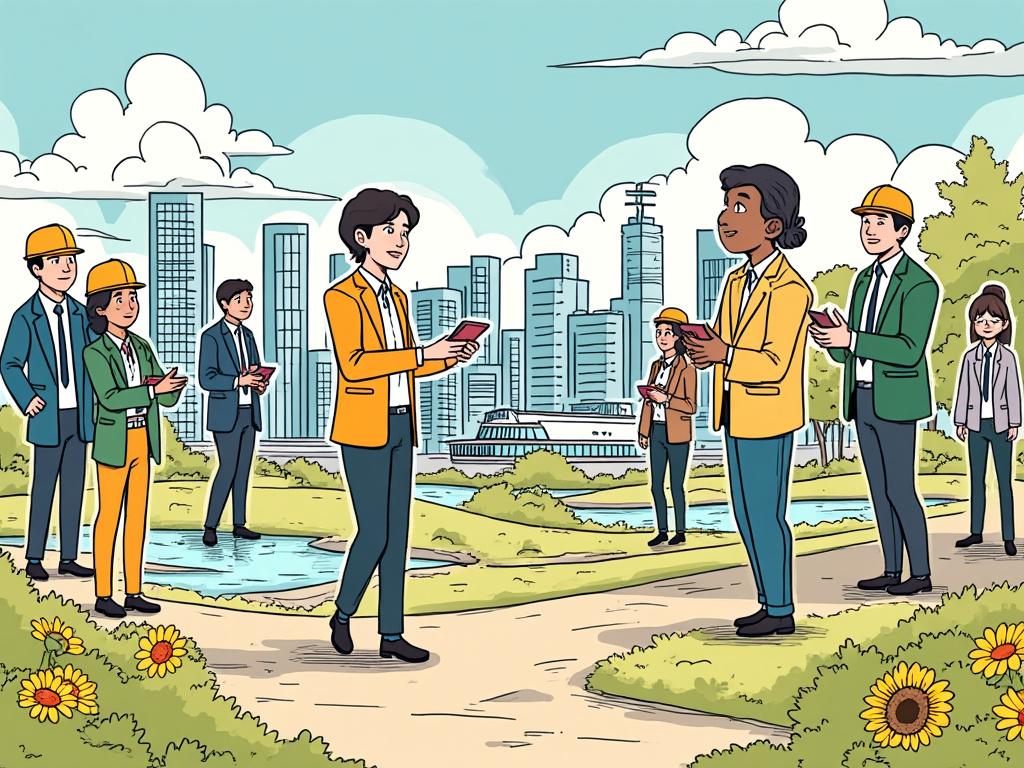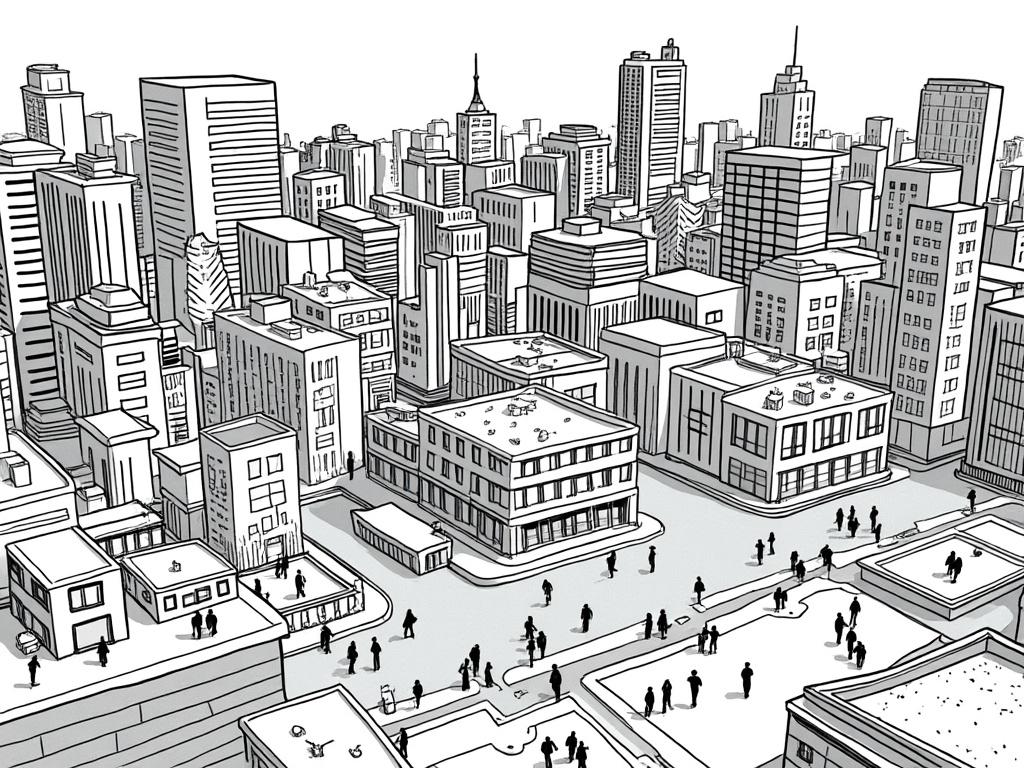
Deforestation and Land Use in Greece: Navigating Environmental Challenges in the Mediterranean
Reading time: 8 minutes
Table of Contents
- Understanding the Scope of Greek Deforestation
- Key Drivers and Underlying Causes
- Regional Impact Analysis
- Conservation Efforts and Policy Responses
- Economic Implications and Urban Development
- Future-Proofing Greece’s Natural Heritage
- Frequently Asked Questions
Understanding the Scope of Greek Deforestation
Ever wondered how Greece’s ancient landscapes are transforming before our eyes? The country’s relationship with its forests tells a complex story of survival, development, and environmental awakening.
Greece currently maintains approximately 3.9 million hectares of forest cover, representing about 30% of the country’s total land area. While this might sound substantial, the reality beneath these numbers reveals concerning trends that demand immediate attention.
Historical Context and Current Challenges
Picture this: Ancient Greece was once covered by dense forests that stretched across mountain ranges and coastal plains. Today’s landscape tells a different story. Since the 1960s, Greece has experienced significant forest loss, with wildfire damage alone accounting for approximately 50,000 hectares annually during peak years.
The Mediterranean climate creates a perfect storm scenario—dry summers, strong winds, and increasingly unpredictable weather patterns. But here’s the crucial insight: Natural factors only tell part of the story. Human activities amplify these challenges exponentially.
Forest Distribution Patterns
Greek Forest Coverage by Region
45%
35%
25%
15%
Key Drivers and Underlying Causes
Let’s get straight to the point: Understanding why deforestation happens is the first step toward meaningful solutions. Greece faces a unique combination of pressures that create perfect conditions for forest loss.
Wildfires: The Primary Threat
Wildfires represent the most visible and devastating cause of deforestation in Greece. The 2021 wildfire season alone destroyed over 125,000 hectares of forest and agricultural land. But here’s what most people don’t realize: These aren’t random natural disasters.
Case Study: The Evia Island Catastrophe
In August 2021, northern Evia experienced its worst environmental disaster in decades. The fires consumed approximately 50,000 hectares of pristine forest, including ancient pine forests that had survived for centuries. Local residents described apocalyptic scenes as entire villages were evacuated and centuries-old ecosystems vanished in days.
What made this particularly tragic? Much of the burned area consisted of Pinus nigra (black pine) forests that take 40-60 years to regenerate naturally. The economic impact exceeded €100 million, but the ecological cost remains immeasurable.
Urban Expansion and Development Pressure
Greece’s growing urban centers create unprecedented pressure on surrounding forest areas. Cities like Athens expand outward, consuming forested land for housing developments, infrastructure, and commercial projects. For those interested in understanding this dynamic better, examining athens property markets reveals how urban growth directly impacts surrounding natural areas.
| Factor | Annual Impact (hectares) | Primary Regions | Recovery Time |
|---|---|---|---|
| Wildfires | 35,000-50,000 | Attica, Peloponnese, Evia | 15-40 years |
| Urban Development | 2,500-4,000 | Greater Athens, Thessaloniki | Permanent |
| Agricultural Expansion | 1,500-2,500 | Central Greece, Macedonia | 20-30 years |
| Infrastructure Projects | 800-1,200 | Nationwide | Permanent |
Regional Impact Analysis
Not all Greek regions face identical challenges. Understanding these regional differences is crucial for developing targeted solutions.
Northern Greece: The Conservation Success Story
Northern Greece, particularly areas around Mount Olympus and the Pindus Mountains, maintains the country’s highest forest coverage. These regions benefit from higher precipitation, cooler temperatures, and stricter conservation policies.
Pro Tip: The Prespa National Park demonstrates how international cooperation can preserve cross-border ecosystems. Greece, Albania, and North Macedonia jointly manage this area, showing that environmental challenges require collaborative solutions.
Attica Region: Development vs. Conservation
The greater Athens metropolitan area presents Greece’s most complex land-use challenge. Rapid urban expansion meets protected forest areas, creating ongoing tension between development needs and environmental protection.
Recent data shows that Attica lost approximately 15% of its forest cover between 2000 and 2020, primarily due to urban expansion and recurring wildfires. The challenge intensifies as climate change makes the region more fire-prone while population growth increases development pressure.
Conservation Efforts and Policy Responses
Here’s the encouraging news: Greece isn’t standing idle. The country has implemented comprehensive strategies to address deforestation and improve land use management.
The National Forest Strategy 2018-2038
Greece’s long-term forest strategy represents a fundamental shift toward sustainable management. Key objectives include:
- Increasing forest cover by 5% through targeted reforestation programs
- Implementing advanced fire prevention technologies
- Establishing corridors connecting fragmented forest areas
- Promoting sustainable forest-based economic activities
EU LIFE+ Programs: Funding Conservation
European Union funding has been instrumental in Greek conservation efforts. The LIFE+ program has invested over €45 million in Greek forest conservation projects since 2014.
Case Study: The Rhodope Mountains Initiative
This €8.2 million project focused on restoring degraded forest ecosystems in northeastern Greece. Results have been remarkable: over 2,500 hectares of forest restored, endangered species populations stabilized, and local communities engaged in sustainable forest management.
Innovative Fire Prevention Technologies
Greece has embraced cutting-edge technologies for fire prevention and early detection:
- Satellite monitoring systems providing real-time fire risk assessments
- Automated weather stations in high-risk areas
- Community-based early warning networks
- Prescribed burning programs to reduce fuel loads
Economic Implications and Urban Development
Let’s address the elephant in the room: Economic pressure often drives deforestation. But what if we could flip this equation?
The True Cost of Forest Loss
Quick scenario: Imagine calculating the real economic value of a hectare of Greek forest. Beyond timber, consider water purification, carbon sequestration, tourism revenue, and biodiversity preservation. Economists estimate this value at approximately €8,000-12,000 per hectare annually.
When forest fires destroy 50,000 hectares in a single season, the economic loss reaches €400-600 million—not counting tourism impacts, property damage, or long-term ecological costs.
Sustainable Development Models
Progressive Greek municipalities are pioneering sustainable development approaches that balance growth with conservation:
- Vertical density rather than horizontal sprawl
- Green building standards requiring forest offset programs
- Public-private partnerships funding reforestation
- Eco-tourism development generating forest-based revenue
Future-Proofing Greece’s Natural Heritage
Ready to transform environmental challenges into strategic opportunities? Greece’s path forward requires innovative thinking and collaborative action.
Climate Adaptation Strategies
Climate change isn’t waiting for perfect solutions. Greece must adapt forest management to changing conditions:
- Species diversification: Planting climate-resilient native species
- Water management: Implementing drought-resistant forest systems
- Fire-adapted landscapes: Creating defensible spaces around communities
- Ecosystem corridors: Connecting fragmented habitats
Technology Integration
Modern forest management demands modern tools. Greece is investing in:
- AI-powered fire prediction models
- Drone-based forest monitoring
- Blockchain systems for timber tracking
- Mobile apps connecting citizens to conservation efforts
Frequently Asked Questions
What is the current rate of deforestation in Greece?
Greece experiences approximately 35,000-50,000 hectares of forest loss annually, primarily due to wildfires. However, reforestation efforts recover about 15,000-20,000 hectares yearly, resulting in a net loss of 15,000-35,000 hectares depending on fire severity. This represents roughly 0.4-0.9% of total forest cover annually.
How do Greek forests compare to other Mediterranean countries?
Greece maintains 30% forest coverage, comparable to Spain (37%) and Italy (32%), but significantly higher than Cyprus (19%) or Malta (1%). However, Greece faces higher wildfire intensity due to its climate and topography. The country’s forest management practices are increasingly aligned with EU standards, showing improvement in conservation effectiveness.
What can individuals do to help prevent deforestation in Greece?
Citizens can contribute through responsible tourism, supporting eco-certified products, participating in local reforestation programs, and following fire prevention guidelines during high-risk periods. Additionally, choosing sustainable building materials and supporting businesses with forest-friendly practices creates market incentives for conservation. Many Greek NGOs offer volunteer opportunities for hands-on forest restoration work.
Charting a Sustainable Path Forward
Greece stands at a critical environmental crossroads. The next decade will determine whether the country’s ancient forests survive and thrive or continue their slow disappearance. Success requires more than government policies—it demands active participation from communities, businesses, and individuals who understand that forest conservation directly impacts economic prosperity, climate resilience, and quality of life.
Your immediate action items:
- Stay informed about local fire risk conditions and prevention measures
- Support businesses demonstrating commitment to sustainable land use
- Participate in community reforestation initiatives
- Advocate for stronger forest protection policies in your municipality
- Consider the environmental impact of property development decisions
The encouraging reality? Greece’s combination of EU support, technological innovation, and growing environmental awareness creates unprecedented opportunities for forest recovery. Early successes in northern regions prove that effective conservation is achievable when communities, government, and international partners work together.
As urbanization continues and climate challenges intensify, how will you contribute to preserving Greece’s natural heritage for future generations? The forests that have witnessed millennia of human history depend on the choices we make today.

Article reviewed by Theodore Whitaker, Cross-Border Real Estate Broker | Global Transaction Facilitator, on June 4, 2025
